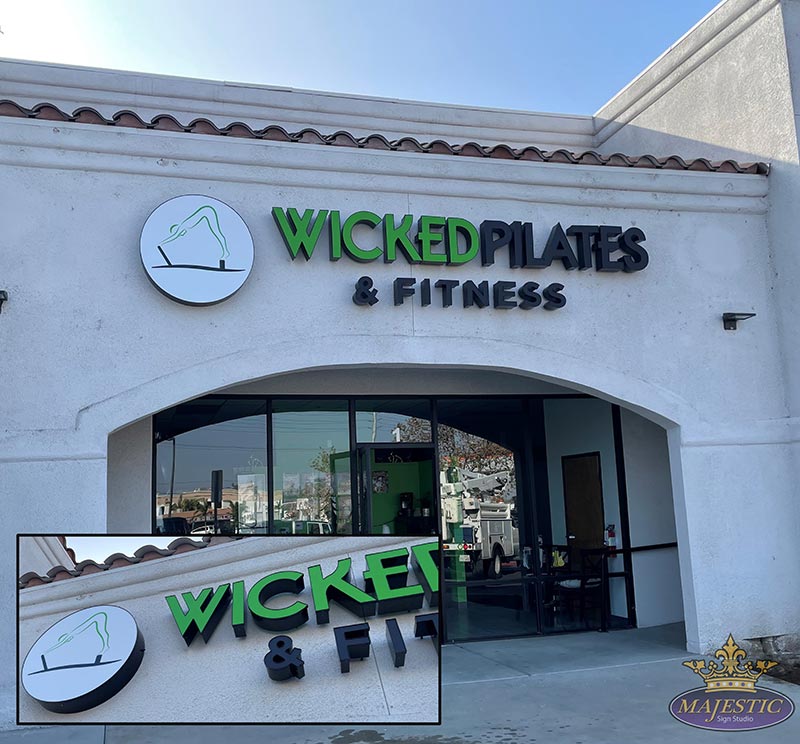
If you’re in the business of construction and engineering, you know how crucial it is to maintain a reputation for quality. Clients expect it. Contractors expect it. And, honestly, you expect it from yourself. But here’s the thing: ISO 9001 Certification is more than just a buzzword or a fancy certificate to hang on the wall. It’s a powerful tool that can help elevate your firm, streamline your operations, and keep you competitive in an ever-evolving market. Let’s break down exactly how.
What Is ISO 9001 Certification Anyway?
Okay, let’s get the basics out of the way. ISO 9001 Certification is part of the ISO 9000 family of quality management standards—which is pretty much the gold standard when it comes to quality assurance. This certification is recognized worldwide, and it signals that your firm adheres to a strict framework designed to improve product and service quality, customer satisfaction, and overall efficiency.
But here’s the kicker: ISO 9001 isn’t a one-time thing. It’s an ongoing commitment to continuous improvement. ISO 9001 Certification doesn’t just tell the world, “We’re good at what we do.” It shows you’re committed to getting even better every day.
For construction and engineering firms, this matters a lot. Projects are complex, and mistakes can be costly. By implementing a solid quality management system, you’ll reduce the chances of errors, improve your project delivery time, and enhance client trust.
Why Does ISO 9001 Certification Matter for Construction & Engineering Firms?
Now that we’ve covered the basics, let’s take a deeper look at why ISO 9001 Certification is such a big deal for firms like yours.
1. Quality Control and Consistency
In construction and engineering, consistency is key. One poorly executed project can damage your reputation and lead to costly rework. With ISO 9001 Certification, your team will follow a structured quality management system that ensures every task is completed according to established guidelines. This brings consistency, ensuring that each project is handled with the same level of care and precision as the last.
And let’s face it—clients love consistency. When they know they can count on you for high-quality results time after time, they’ll be more likely to stick with your firm for future projects. Whether it’s safety standards, deadlines, or material specifications, ISO 9001 helps you get it right every time.
2. Improved Customer Satisfaction
Here’s a tough question: How do you win clients over in a highly competitive market? The answer isn’t just about bidding low or offering discounts—it’s about providing quality at every turn. ISO 9001 Certification helps you ensure that your processes are optimized to deliver high-quality results consistently. And we all know that satisfied clients are more likely to return and recommend your firm to others.
ISO 9001 places a strong emphasis on customer feedback, allowing you to continuously improve based on client needs and expectations. So, whether it’s through regular surveys or post-project reviews, you’ll always have valuable insights that guide your next steps.
3. Increased Efficiency and Reduced Costs
Let’s be real: inefficiency is costly. Whether it’s wasted materials, missed deadlines, or poor communication, inefficiencies can pile up and eat into your profits. ISO 9001 Certification helps you streamline operations by identifying bottlenecks and wasteful processes. It encourages you to set measurable objectives and ensures that your teams adhere to established procedures.
Think about it: With better-defined processes, you’ll be able to finish projects faster, with fewer mistakes. That translates directly into cost savings. And those savings add up over time, making your business more competitive in the marketplace.
4. Risk Management and Compliance
Construction projects come with their fair share of risks, from safety hazards to regulatory compliance issues. One mistake can not only delay a project but also result in hefty fines or legal complications. With ISO 9001 Certification, your firm is required to identify potential risks early on and establish proactive measures to manage them.
You’ll also be better prepared to comply with local, national, and international regulations. Since ISO 9001 encourages continuous improvement and regular audits, it helps your team stay on top of compliance requirements—without scrambling to meet deadlines.
5. Enhanced Reputation and Marketability
When it comes to winning contracts, reputation matters. ISO 9001 Certification is a well-respected, internationally recognized mark of quality. And in construction and engineering, that recognition carries weight.
Being ISO certified sets you apart from the competition, proving to potential clients that you’re serious about quality. It enhances your firm’s reputation and builds trust with both clients and partners. It’s not just about meeting minimum standards; it’s about going above and beyond to create value through quality assurance.
What Does the Process of Getting ISO 9001 Certification Look Like?
Alright, let’s talk about the elephant in the room: the process of getting ISO 9001 Certification. Sure, it sounds a little intimidating at first, but it’s really just a matter of putting the right systems and practices in place. Here’s a rough outline of what you’ll need to do:
1. Gap Analysis and Initial Assessment
Before jumping in, you’ll need to assess where your firm stands in terms of quality management. A gap analysis will help identify areas where your current systems and processes are lacking. This will give you a clear understanding of what changes or improvements need to be made to align with ISO 9001 standards.
2. Design and Implement the Quality Management System (QMS)
Once you have your gaps identified, it’s time to design and implement your Quality Management System (QMS). This will include everything from setting objectives to documenting processes and procedures that align with ISO 9001.
Your QMS should cover all areas of your firm, from procurement and construction processes to client communication and project delivery. The goal is to standardize procedures and make sure everyone is on the same page.
3. Internal Audits and Reviews
ISO 9001 requires you to regularly audit your processes to ensure they’re working as intended. Conducting internal audits helps spot issues before they become big problems. Plus, it’s an opportunity to assess your progress and fine-tune your systems.
You’ll also need to hold regular reviews to make sure your QMS is continuously improving. This is where the real magic of ISO 9001 happens. You’re not just setting things in motion; you’re making sure everything keeps getting better, which is key to maintaining your certification long-term.
4. Certification and Final Assessment
Once your QMS is in place and fully implemented, it’s time for the certification audit. A third-party auditor will evaluate your firm to ensure that it meets all the necessary ISO 9001 requirements. If everything checks out, you’ll receive your official certification. Congratulations!
Overcoming Common Hurdles in the ISO 9001 Certification Process
Okay, we’ve covered the basics. But let’s be honest: getting ISO 9001 Certification isn’t always a walk in the park. There are challenges to overcome, like getting buy-in from staff or aligning processes across departments. However, once you push through the initial bumps in the road, you’ll see the long-term rewards.
- Employee Resistance: Some employees may resist the changes required by ISO 9001, especially if they’re used to doing things a certain way. Communication is key here. Clearly explain the benefits, not just for the company but for them personally. Once they see how it can make their jobs easier, they’ll be more likely to buy in.
- Initial Costs: Implementing ISO 9001 requires time, effort, and sometimes money. Whether it’s hiring consultants or updating systems, the initial investment might feel hefty. But think of it as a long-term investment in quality, efficiency, and reputation. The returns far outweigh the costs.
Conclusion: ISO 9001 Certification as Your Secret Weapon
In a competitive construction and engineering landscape, ISO 9001 Certification isn’t just a “nice-to-have” anymore. It’s a must-have. By adopting a quality management system, you’ll streamline your operations, boost client satisfaction, reduce risks, and ultimately grow your business.
ISO 9001 is a journey of continuous improvement that pays off in spades. It’s about more than just ticking boxes; it’s about creating a culture of quality, accountability, and excellence that runs through every project and every team member.
So, if you’re ready to take your firm to the next level, it’s time to embrace the power of ISO 9001 Certification. Trust us—it’s a game-changer.






